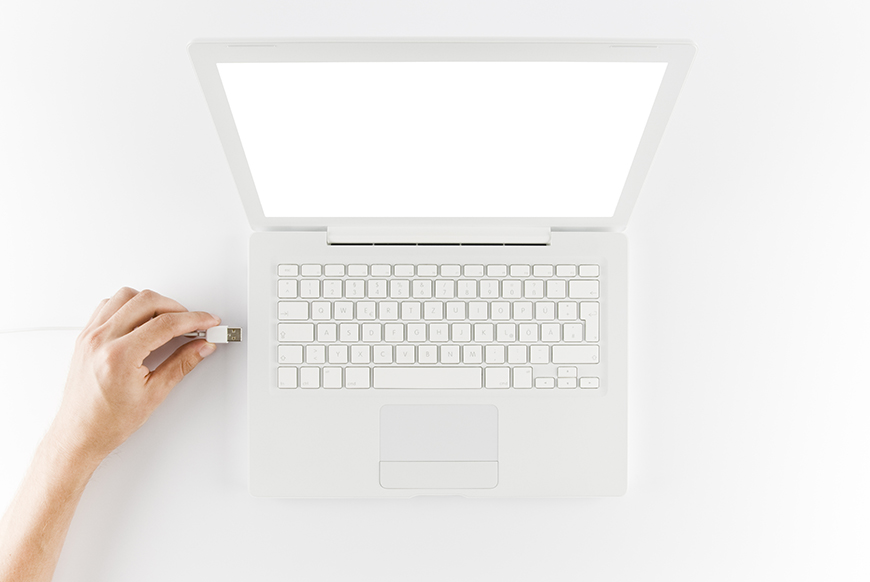 Nicholas Blades
Nicholas Blades
Director of Spectrum Policy & Regulatory Economics at Telefónica S.A.

There seems to exist a growing concern about personal data and the use that both enterprises and governments make of these. Lots of us participate in exchanges with these institutions in which some of our personal data is recorded and stored, in some cases with clear purposes, and in others not so clear.
In most cases, we are happy to let our counterparty know our name, our e-mail address or the place in which we want to spend the next holiday. On other occasions, the data is not expressly provided, but is required for a service to work. For example, credit card companies need to know where we buy in order to pass the funds to the merchant; telco operators need to know where the customer is in each moment in order to provide him with mobile services, or utility companies need to know how much power is consumed at home in order to properly bill us.
To understand what may be done with these data, the first question to elucidate is whose data is this. This is important because it is property of an asset that which defines who decides what to do with it.
In Telefónica’s recently published Regulatory Economics Brief, this question is tackled starting from the concept and origin of property rights. As it is not possible to use personal data in abstract form, their exploitation requires materialization in a physical record. Logically, the owner of the materialized data is the person who has invested the resources in getting them recorded.
Due to this, we cannot properly say that we own our personal data: they just cannot be owned. Nobody owns his name, his age or his last itinerary in his car. But we are in a privileged position with regards to them: we are the only ones who can provide these data to the interested parties for record and eventual use. This position means we have control over who uses our data and we might want to control how it is used as well. We can provide the information in exchange for services, but only if the proposed terms and conditions for the use of data are both transparent and acceptable to us
If our personal data is found to be of value for those recording and using it, our position vis-à-vis these parties will improve. As this happens, we can expect more services in exchange for our personal data, but also better privacy conditions. Big Data entrepreneurs will compete not only in what they offer in exchange for the provision of the data, but also in their commitments on what to do with it.
The right balance between remuneration and privacy will likely depend on each individual and cannot be known in advance, but should be left to the trial and error of entrepreneurs in the market. Otherwise, “our” personal data will not reach their potential value, something that is clearly not in our interest, or in the interest of the wider economy.
You can read the full Brief here.






